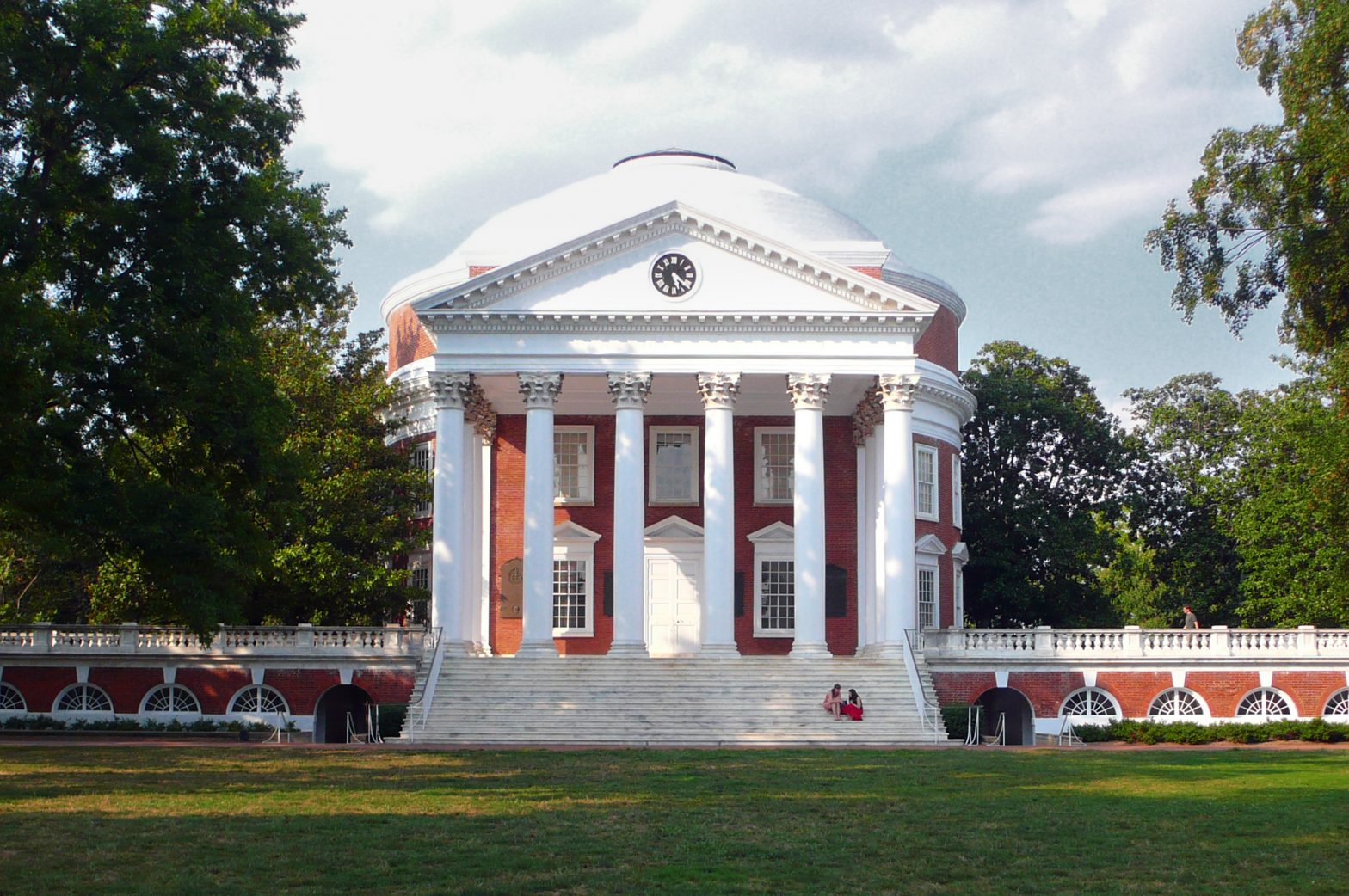By Giulia Silverstein
One year after overwhelmingly voting to end the honor system policy that immediately expels students who are found guilty of lying, cheating, or stealing, UVA students voted March 2 to once again allow the University Honor Committee to throw out those who break the rules. According to Virginia magazine, the vote is “part of a wide-ranging reworking of the Honor constitution,” which now includes multiple sanctions, coinciding with the severity of infractions, “something successive generations of Honor reformers have championed for more than 50 years.”
The 181-year-old single-sanction honor system is almost as old as the university itself. It was established in 1842 after the shooting and killing of a professor who was trying to resolve a conflict between students. At first, faculty members oversaw all student behavior, but after the murder, a basic single-sanction honor system was adopted to shift the projection of student disdain away from the faculty.
The single-sanction system has been widely criticized. The severe punishment dissuaded the reporting of minor infractions, and condemnable activities, such as sexual assault, often went unchecked. Those who were successfully convicted could also experience disastrous effects. In 2022, The Cavalier Daily published an opinion piece by an anonymous former student who was expelled in 2007 for plagiarism.
“I know firsthand that expulsion comes at a great cost,” wrote the former student. “It is isolating. It ravages the health of accused students and their family members. It can have devastating economic consequences, especially for students with limited financial resources. And it creates a stigma that accused and guilty students are pariahs—individuals without the potential to learn from mistakes, correct miscommunications or ultimately contribute again to the University or society.”
She reports inadequate due process, and that there was little opportunity to prove her innocence. The stress of her trial produced extensive mental and physical side effects, including hair and weight loss, and suicidal thoughts.
Students tried for years to either soften the punishment or implement a multi-sanction system. Several proposals had been made, but none received approval until the spring of 2022. More than 80 percent of the student body voted for a sanction reform referendum that replaced the widely feared threat of expulsion with a two-semester leave of absence.
With the first change in the honor system’s history instituted, the Honor Committee, chaired by fourth-year student Gabrielle Bray, set its sights on finally switching over to a multi-sanction system.
The committee published an opinion piece in The Cavalier Daily, urging students to vote “yes” on a multi-sanction system. “We all want a system that is fair and restorative, with sanctions that reflect the severity of an Honor offense and the circumstances of the student in question,” wrote the committee.
During the fall 2022 semester, student and faculty representatives from across the university, including VISAS, The Raven Society, and the Jefferson Literary and Debating Society, united in what the Honor Committee labeled the Honor Constitutional Convention. In selecting representatives, Bray wanted to ensure that “voices that weren’t traditionally heard were in the room for conversations like these.”
Four proposals were presented to the committee post-convention. However, it ultimately decided on a multi-sanction system of its own. The committee submitted its proposal to the University Board of Elections, relinquishing control of UVA honor to the student body.
In February, the editorial board of The Cavalier Daily endorsed four candidates—Hamza Aziz, Nishita Ghante, Laura Howard, and Rachel Liesegang—to represent the College of Arts and Sciences on Honor Council, and Alexander Church to represent the School of Engineering and Applied Sciences. Each candidate fervently supported the proposed multi-sanction system and “incorporated transparency and rehabilitation into their platforms.”
An overwhelming 88.7 percent of the voting students (there was a 24 percent voter turnout) were in favor of the referendum. The new honor circumstances enable personalized trials in which students will be holistically evaluated. The Honor Committee cites “amends, education, leaves of absence, and expulsion” as possible sanctions. Although students voted to reinstate possible expulsion, only the most extreme cases will result in dismissal.
Bray thanked students for supporting the referendum in an interview with The Cavalier Daily. “I’m grateful to the convention delegates, the policies and procedures team, the support officers, the committee and [the executive committee] for all the work that went into this constitution and this moment. I cannot wait to see how this strengthens our community of trust.”
